Latest Articles

Diabetes Management
Keeping an Eye on Diabetic Retinopathy
Diabetic retinopathy is a complication arising from uncontrolled blood sugar levels. The increased blood glucose levels damage the blood vessels in the retina. It progresses through stages: background retinopathy (micro-aneurysms), and proliferative retinopathy (abnormal blood vessel growth and vision loss). Regular screenings and lifestyle modifications can help prevent or manage diabetic retinopathy.
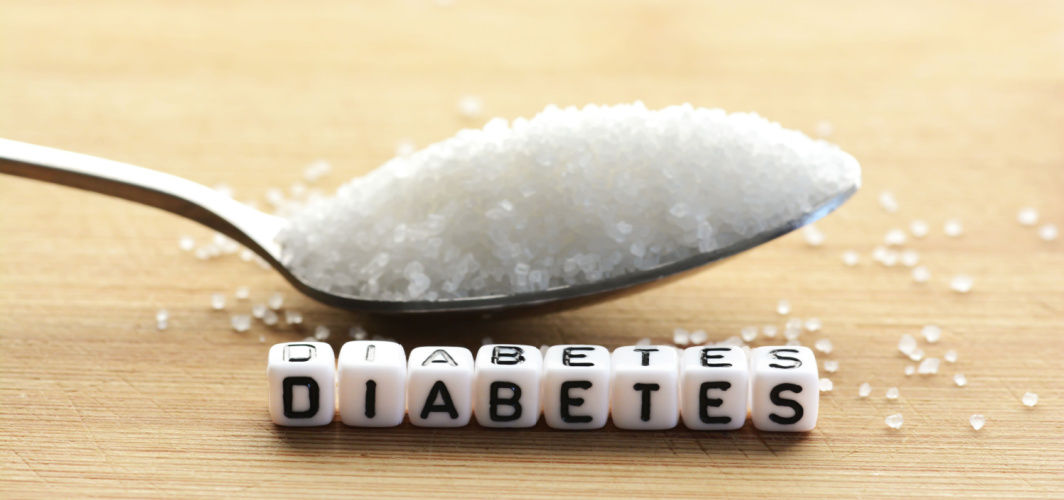
Diabetes Management
Debunking 5 Common Myths About Diabetes
Having a family history of diabetes can increase the risk of developing both type 1 and type 2 diabetes in individuals. However, many people develop diabetes without any of their family members having the condition. Lifestyle factors like being obese or overweight, prediabetes, PCOS, gestational diabetes, and age above 45 can also be contributing factors. To reduce the risk of type 2 diabetes, maintaining a healthy weight through regular exercise and a healthy diet is important.
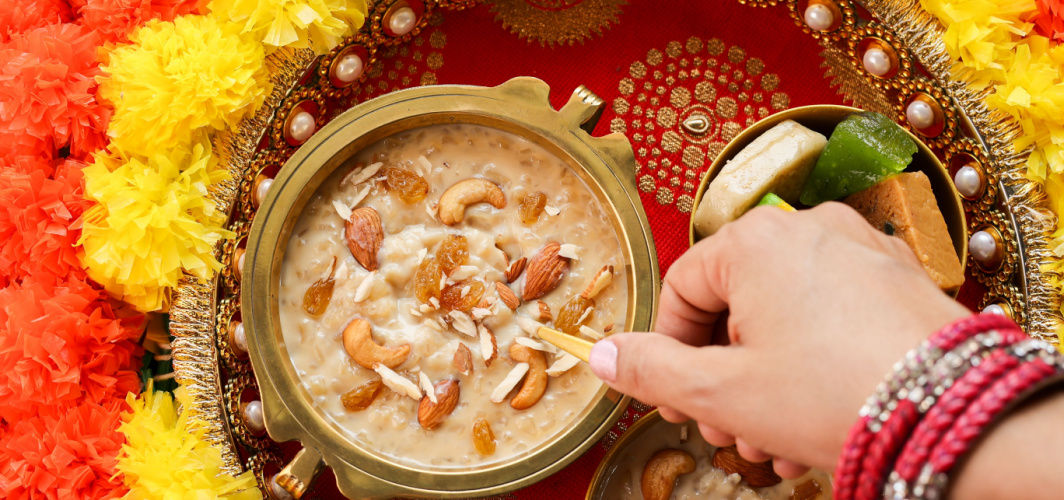
Diabetes Management
5 Healthy Snacks for Diabetics During Navratri
Navratri has begun, and individuals with diabetes can easily relish the festive snacks with healthier adaptations. Baked gujiya with whole wheat and coconut-jaggery stuffing, healthy pakoras with vegetable swaps and olive oil, low-calorie thandai using sugar substitutes and nuts, Khandvi made from gram flour and yogurt, and kheer prepared with brown rice, jaggery, and plenty of dry fruits offer tasty options for diabetics. Enjoying the festival while managing blood glucose levels is possible with these diabetic-friendly delights.
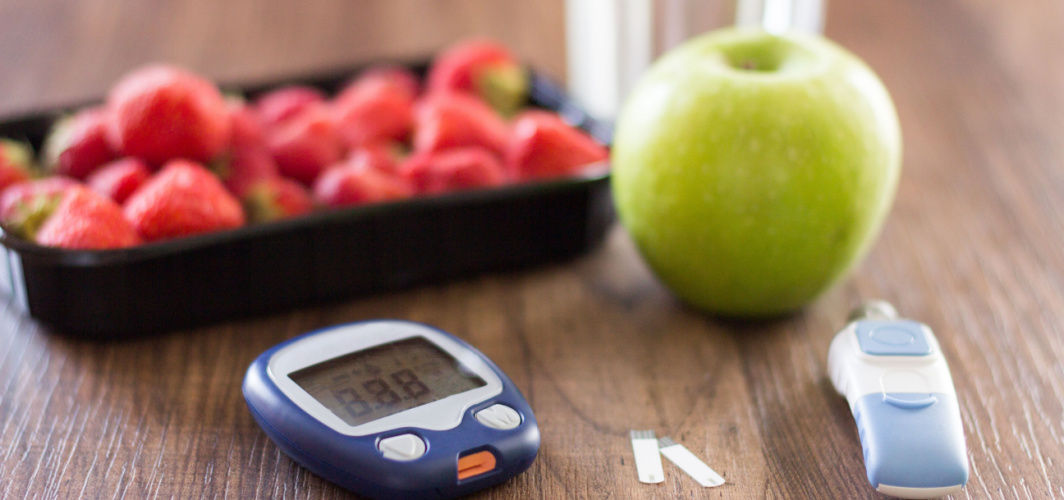
Diabetes Management
Should Diabetics Fast in Navratri?
Fasting during Navratri can be a personal choice for individuals with diabetes, but it requires careful planning and consideration. Consulting with a healthcare provider is essential for creating a fasting plan tailored to your needs. Choosing low-carbohydrate, low-GI foods, staying hydrated, monitoring blood sugar levels, and being prepared for potential hypoglycemia are crucial aspects of successful fasting. If blood sugar levels become unmanageable or drop too low, breaking the fast is recommended. Listening to your body and prioritising health and safety are the keys to religious practices.
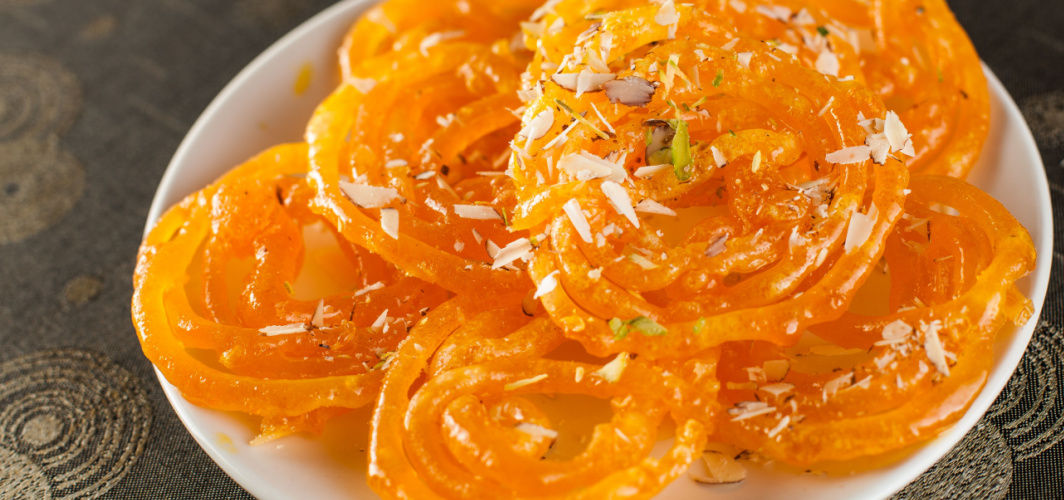
Diabetes Management
Enjoy Navratri With These Diabetes-Friendly Sweets
Navratri festivities can be enjoyed with some conscious choices. Diabetes-friendly options include almond and coconut laddoos sweetened with substitutes, dates and nuts barfi, and semolina halwa with a sugar substitute. Yoghurt parfaits with berries, jaggery-based sweets in moderation, and baked versions of traditional treats are other smart choices. Fresh fruit chaat and saffron-infused milk offer a natural, healthy sweetness. It's important to remember that while these sweets offer healthier alternatives for individuals with diabetes, portion control is still crucial. Consulting with a healthcare provider or registered dietitian for personalized dietary guidance is recommended.

Diabetes Management
New Draft Article
Subscribe
Sign up for our free Health Library Daily Newsletter
Get doctor-approved health tips, news, and more.

Diabetes Management
Diabetes and Dry Eyes: Is there a Connection?

Diabetes Management
How to Control Your Blood Sugar This Navratri
Navratri fasting can be challenging for those with diabetes, but with careful planning, it's manageable. Start by consulting your healthcare provider for personalised advice. Opt for low-glycemic foods like buckwheat (kuttu) and amaranth (ramdana) and practice portion control to prevent overeating. Including protein sources and healthy fats in your diet can help control hunger and stabilise energy levels. Stay well-hydrated with water and herbal teas, monitor your blood sugar levels regularly, and choose sugar-free or low-sugar sweets mindfully. When breaking your fast, opt for a balanced meal to avoid sudden spikes in blood sugar. These strategies can help you enjoy Navratri while maintaining stable blood sugar levels.

Diabetes Management
Diabetes & Navratri: Exercises to Avoid During Fasting
Many people observe fasting during Navratri, including individuals with diabetes. While exercise is beneficial for diabetes management, certain exercises should be avoided during fasting. High-intensity cardio, heavy weightlifting, dehydrating workouts, prolonged exercise sessions, and high-impact activities can lead to fluctuations in blood sugar levels and discomfort. It's advisable to opt for gentler exercises like brisk walking or yoga, stay well-hydrated, avoid prolonged workouts, choose low-impact activities, and exercise after consuming a light meal, to ensure a safe and healthy fasting experience.
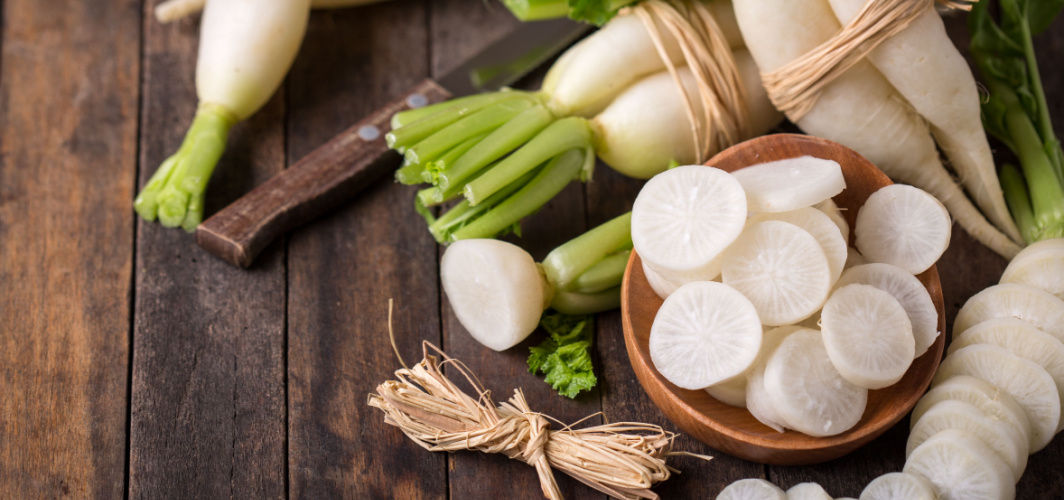
Diabetes Management
Can One Eat Radish During Navratri Fasts?
During Navratri, a festival celebrated over nine days in India, fasting is common as a means of spiritual purification. Radishes, being root vegetables, are a subject of debate for many as to whether they can be consumed during this fasting period. The acceptance of radishes during Navratri fasting depends on regional and cultural variations, individual customs, and personal beliefs. In many Hindu traditions, root vegetables are avoided during fasting, yet they offer valuable nutritional benefits.